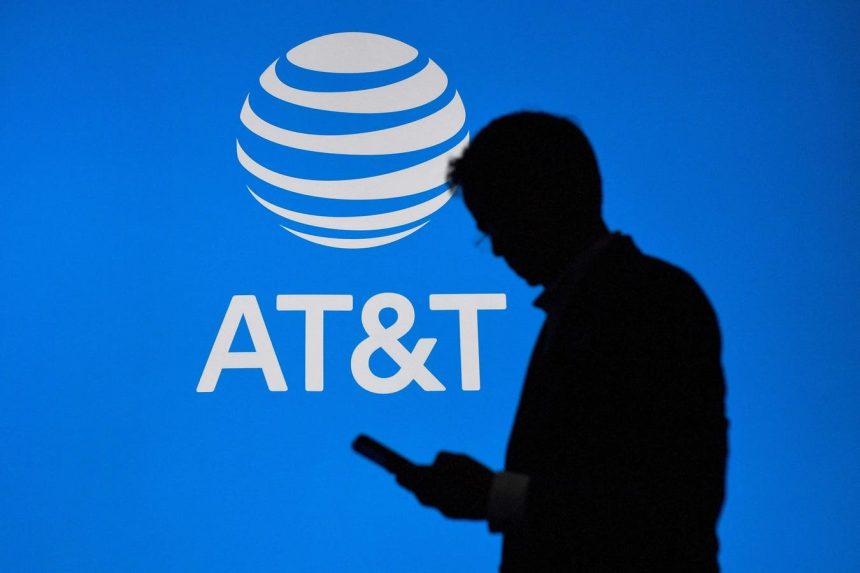AT&T’s breach, which facilitated unauthorized access to sensitive information via compromised customer service channels, resonates with a chilling alarm about the dark underbelly of the digital age, where personal data can end up on the dark web at the click of a button. When it comes to data breaches they are often more problematic for people of color living on fixed or low incomes, raising serious concerns about digital equity and cybersecurity going forward.
The Breakdown You Need To Know:
As one of the largest telecommunications giants, AT&T’s failure to safeguard customer information not only undermines trust in the brand but also signals a pressing concern for cybersecurity across the globe, CultureBanx reported. Hackers stole six months’ worth of call and text message records of nearly every AT&T cellular network customer, the company said in a statement last week.
Customers’ stolen data contains records of calls and texts between approximately May 1 and Oct. 31, 2022, and on Jan. 2, 2023, according to AT&T. Information known as metadata, details about communications sets between people analyzed at scale, including customers phone numbers is what was breached.
The aftermath of the AT&T data breach has laid the groundwork for significant economic disadvantages, particularly affecting minority communities. The stolen data, although not inclusive of personal communication content, still included details like the location of cellular towers close to the subscriber.
This information could be exploited to approximate the location of customers during calls or texts, heightening the risk of economic profiling and targeted scams, according to Krebon Security. Furthermore, the data breach disclosed call and text records of mobile providers reselling AT&T’s service, which could be leveraged by malicious entities to orchestrate more convincing fraud schemes.
Breach-ing Vulnerable Communities:
In the backdrop of the AT&T’s breach, it’s important to understand the broader context of cybercrime and its impact on vulnerable populations. According to a survey by Malwarebytes, Digitunity, and Cybercrime Support Network, demographics play a significant role in cybercrime victimization. Mitigating widespread damage from this data breach to these communities is imperative for AT&T to restore consumer confidence.
It’s important for the company to also understand how its data breach continues to impact vulnerable communities to allocate money towards fixing issues stemming from this incident. Situations like these have a negative impact on Black people who are 53% more likely to claim a data breach led to a loss or decrease in business, according to a report from the Rand Corporation. People of color often fall victim to incorrect or stolen information that in turn can have long-term crippling effects.
What’s Next:
There are 127 million devices connected to AT&T’s wireless network. This is why government agencies including the Department of Justice, the FBI and the FCC are investigating how this breach occurred. Data breaches like these serve as a stark reminder of the importance of cybersecurity and that it will take both the public and private sector to help mitigate risk to vulnerable communities.
Read the full article here
















